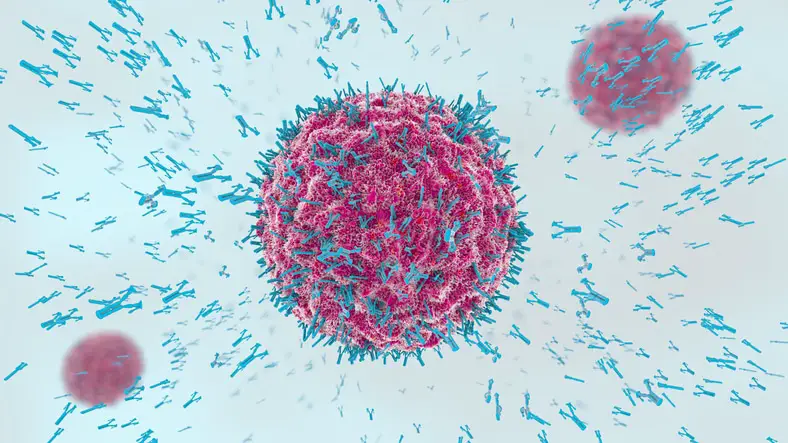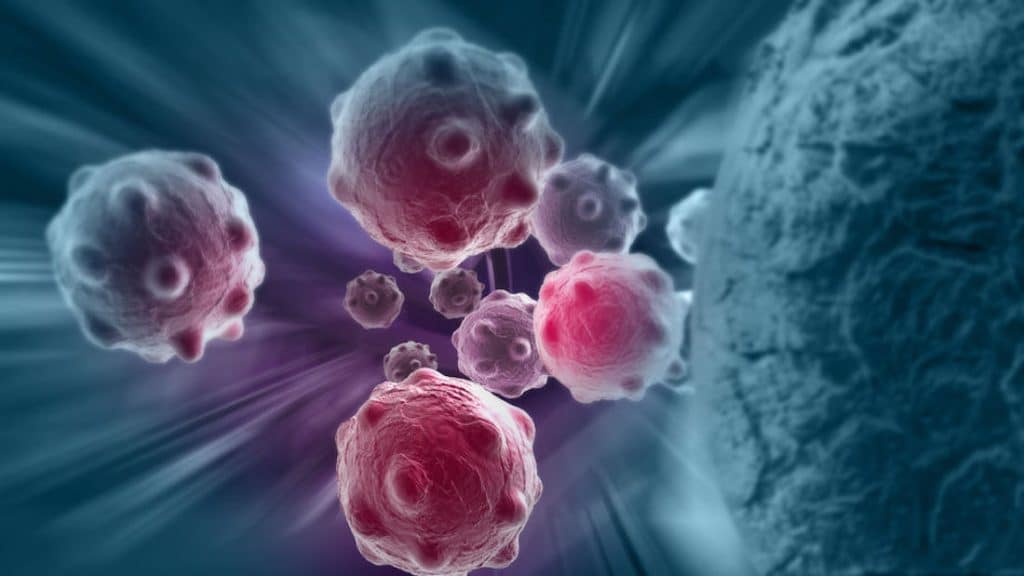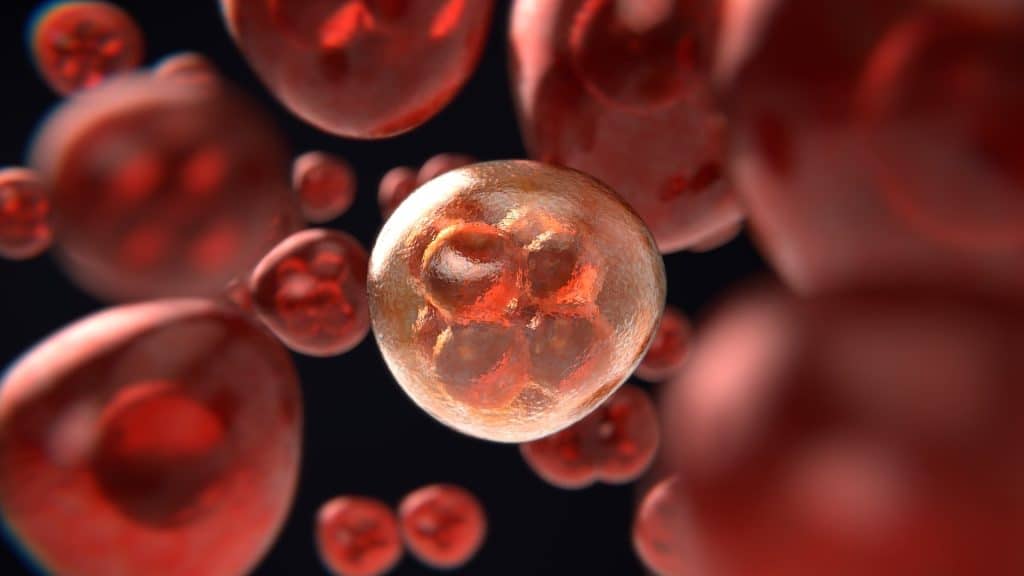A multidisciplinary research team from the University of California, Irvine, revealed that thecircadian clock – the biological pacemaker that governs daily rhythms in physiological processes, including immune functions – can be harnessed to improve the efficacy of cancer therapy with checkpoint inhibitors. Checkpoint inhibitors prevent several proteins from binding to tumor cells, allowing the immune system’s T cells to kill the tumor.
Correlation between circadian clock and cancer
The study, published on Nature Immunologyprovides deeper insights into the intricate relationship between the circadian clock, immune regulation, and tumor development, and found that a therapeutic approach that optimizes time-of-day delivery based on an individual’s unique circadian patterns offers new avenues for prevention and treatment.
“Disruption of the internal biological pacemaker is an inherent aspect of modern society that may contribute to the increasing incidence of many types of cancer. We found that proper regulation of circadian rhythms is necessary to suppress inflammation and support peak immune function,” said corresponding author Selma.
Masri, associate professor of biological chemistry at UC Irvine. “Understanding exactly how circadian disruption promotes disease progression could lead to behavior modification to reduce cancer risk.”
Team members used an advanced single-cell RNA sequencing technique in a genetic model of colorectal cancer and identified clock-dependent changes that control the number of myeloid-derived cells that suppress the activation of T cells.

They found that disruption of the internal clock in the epithelial cells lining the intestine alters the secretion of cytokine proteins, leading to increased inflammation, an increase in the number of immunosuppressive myeloid cells, and cancer progression.
These findings were used to demonstrate that providing immunotherapy at the time of day when these immunosuppressive myeloid cells are most abundant significantly improved the efficacy of immune checkpoint blockades in solid tumors.
“As we improve our understanding of the fundamental mechanism of circadian regulation of immunity, we will be able to harness the power of the body’s natural rhythms to fight cancer and develop more personalized and effective treatment strategies,” said the author principal Bridget Fortin, of UC. Irvine doctoral student in the Department of Biological Chemistry.
While this study represents a significant step forward in defining the circadian control of antitumor immunity, the team believes that future research should focus on exploring additional factors and cell types that influence the time-of-day response to inhibitor therapy of the checkpoint.
Other team members included graduate students from the UC Irvine School of Medicine and faculty from the departments of biological chemistry, physiology and biophysics, surgery, and medicine.
In a study led by the University of California, Irvine, researchers define how the circadian clock influences cell growth, metabolism and tumor progression.
Their research also reveals how disruption of the circadian clock affects genome stability and mutations that may further drive critical tumor-promoting pathways in the gut.
The study, titled “Circadian clock disruption drives loss of APC heterozygosity to accelerate colorectal cancer,” was published today in Science Advances.
In this study, researchers found that both genetic and environmental disruption of the circadian clock contribute to the tumor suppressor mutation of adenomatous polyposis coli (APC), which is found in the vast majority of human colorectal cancers (CRC ).
APC point mutations, deletions, and loss of heterozygosity (LOH) events have been reported in approximately 80% of human CRC cases, and it is these mutations that drive the initiation of intestinal adenoma development.

“As a society, we are exposed to several environmental factors that influence our biological clock, including night shift work, prolonged exposure to light, changes in sleep/wake cycles and altered eating behavior,” said Selma Masri , Ph.D., assistant professor. in biological chemistry from the UCI School of Medicine. “Surprisingly, we have observed an alarming increase in several young-onset cancers, including colorectal cancer.
The underlying cause of this increased incidence of cancer in adults in their 20s and 30s remains undefined. However, based on our findings, we now believe that disruption of the circadian clock plays an important role.”
According to the National Institutes of Health, there has been an alarming increase in early-onset colorectal cancer among young people. Today, nearly 10% of CRC cases are diagnosed in people under the age of 50, and this trend is constantly increasing. Suspected risk factors include environmental aspects, such as lifestyle and dietary factors, which are known to influence the circadian clock.
APC mutations are also associated with second hits in major oncogenic pathways, including Kras, Braf, p53, and Smad4, and these mutations drive progression to adenocarcinoma, collectively contributing to disease progression.
These findings now implicate alteration of the circadian clock in driving additional genomic mutations that are critical for accelerating colorectal cancer.
The circadian clock is an internal biological pacemaker that governs numerous physiological processes. Research in the Masri Lab focuses primarily on how disruption of the circadian clock is involved in the development and progression of certain types of cancer. Masri Lab researchers are actively pursuing further research aimed at defining the impact of the circadian clock on other types of cancer.
Liver cells influence the circadian clock
Research led by the University of Queensland has revealed that liver cells influence the body’s internal circadian clock, which was previously believed to be controlled solely by the brain.
Associate Professor Frédéric Gachon of UQ’s Institute of Molecular Bioscience and Dr Serge Luquet of Paris Cité University/CNRS in France and their collaborators showed that mice with transplanted human liver cells had changed circadian rhythms. The research was published in Science Advances.
Dr. Gachon said the circadian internal body clock controls most biological functions including sleep, hormone secretion, body temperature and metabolism.
“Mice are nocturnal animals, but when their liver cells were replaced with human cells, their circadian clock advanced by two hours: they ate and slept at different times than mice without those transplanted cells,” Dr. Gachon said .
“The mice in our study started eating and being active before the night began, which is very unusual for a nocturnal animal.”

Until now, it was thought that the synchronization of the mammalian circadian rhythm was controlled exclusively by a central circadian clock composed of a group of brain cells called the suprachiasmatic nucleus.
Dr. Gachon says this study shows that human liver cells in a mouse can act on the central clock and change circadian behavior.
“Liver disease and metabolic diseases such as diabetes and obesity are associated with sleep disturbances, irregular eating and circadian clock disturbances,” Dr. Gachon said.
“This study suggests that abnormal liver function likely underlies this disturbed rhythm.
“Our study deepens our understanding of the hormonal and neuronal mechanisms involved in the liver’s role in controlling circadian rhythms.
“It suggests that restoring liver physiology could benefit patients’ health and well-being.
It also demonstrates that the regulation of circadian rhythms is more complex than we suspected and presents avenues for investigating potential new treatments for metabolic diseases.”
#circadian #clock #exploited #improve #cancer #immunotherapy
